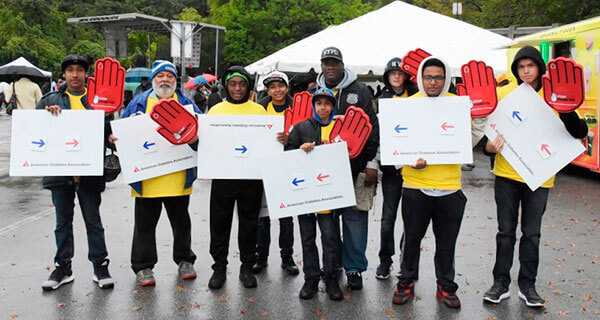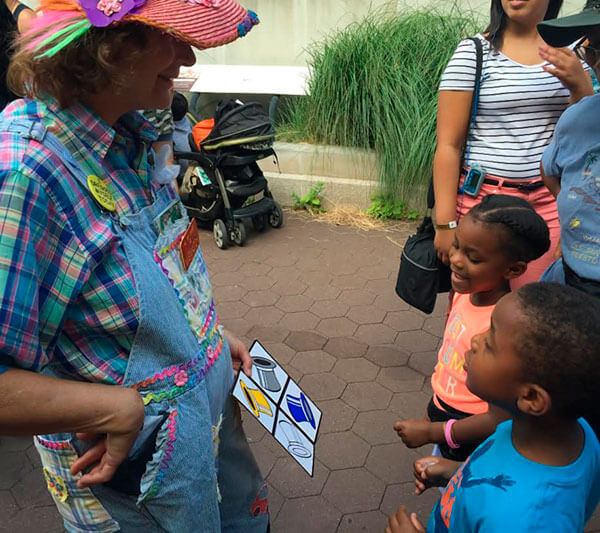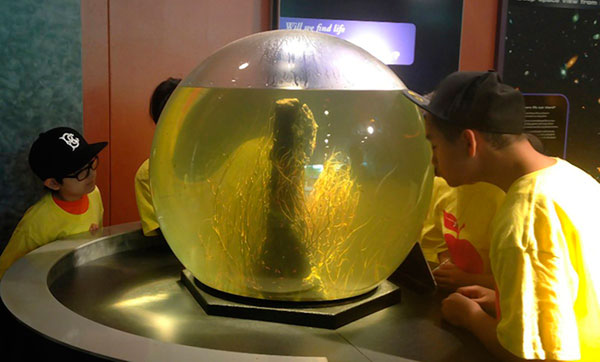There are now a total of eight big cats with confirmed coronavirus cases at the Bronx Zoo.
On April 5, the zoo reported that a 4-year-old female Malayan tiger had tested positive for COVID-19 and three other tigers and three African lions were showing similar symptoms.
Samples for testing from the tiger, Nadia, were collected from her nose, throat and respiratory tract while she was under anesthesia. Subsequently, the zoo can confirm that the three other tigers and lions that exhibited a cough have also tested positive for COVID-19.
This testing was done by using a fecal sample test developed by its laboratory partners that does not require the animals be placed under anesthesia. The fecal tests confirmed the suspicion that all seven cats had the infection and also determined that one tiger at Tiger Mountain that never developed a cough was also positive for the disease.
“We are grateful for the cooperation and support of the New York State Diagnostic Laboratory at Cornell University and the University of Illinois, College of Veterinary Medicine Veterinary Diagnostic Laboratory, where the initial COVID-19 testing of samples was performed and the USDA National Veterinary Services Laboratory where confirmatory testing was conducted,” the zoo said in a statement.
According to the zoo, all eight cats continue to do well. They are behaving normally, eating well and their coughing is greatly reduced.
“They tested the tigers and lions out of an abundance of caution and will ensure any knowledge we gain about COVID-19 will contribute to the world’s continuing understanding of this novel coronavirus,” the zoo said in a release. “The testing of these cats was done in veterinary laboratories and resources used did not take from those being used for human testing.”
None of the zoo’s snow leopards, cheetahs, clouded leopard, Amur leopard, puma or serval are showing any signs of illness. The zoo confirmed that the cats were infected by a staff person who was asymptomatically infected with the virus or before that person developed symptoms. Preventive measures are now in place for all staff that are caring for them, and the other cats in the four Wildlife Conservation Society zoos.
It is believed that the virus was first transferred to people at a food market that trades in wildlife in Wuhan, China, though multiple reports said that there is no solid evidence to support this theory. There is no evidence that animals play a role in the transmission of COVID-19 to people other than the initial event in the Wuhan market, and no evidence that any person has been infected with COVID-19 in the U.S. by animals, including by pet dogs or cats.
The zoo will issue additional information as warranted. The four zoos and aquarium have been temporarily closed since March 16.






















